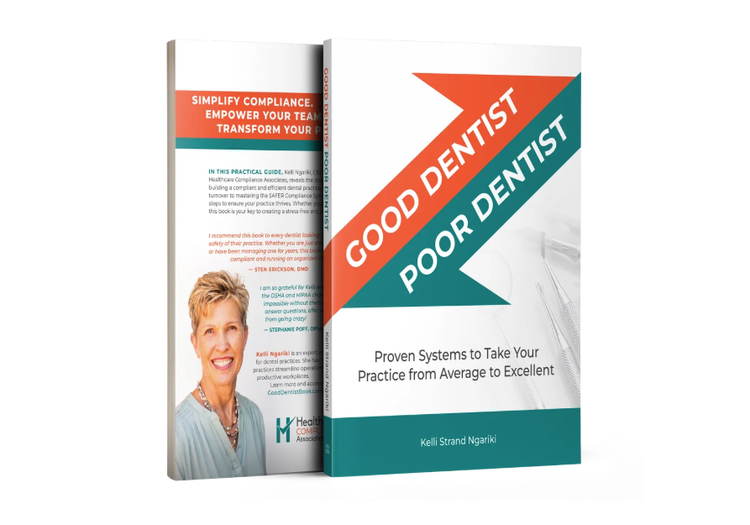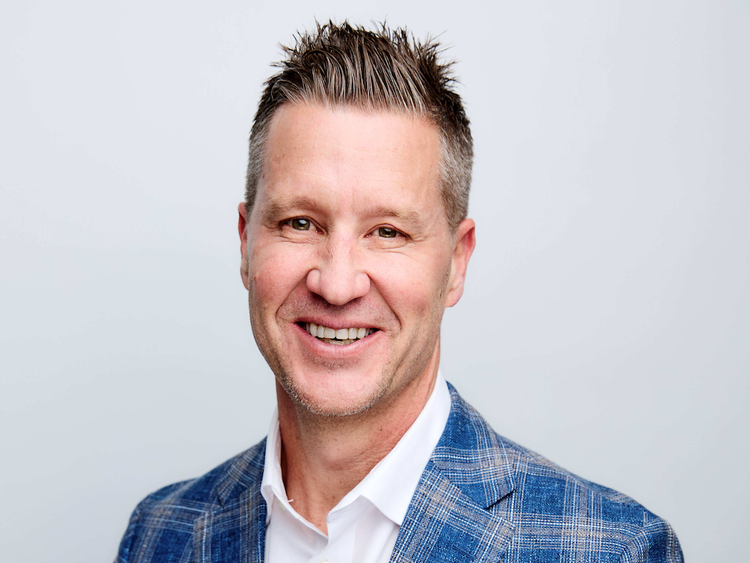‘Younger people are seeking advice from non-experts’

A version of this Q&A first appeared in the Dental Bite Newsletter. Sign up to here to receive the weekly newsletter.
By Carrie Pallardy | for Dental Bite
Dental misinformation proliferates online, and it affects how people make decisions and their oral health outcomes. A new survey published by the American Association of Endodontists (AAE) finds that millennial and Gen Z patients are particularly vulnerable to online misinformation. More than half of young adults (58%) have made a health decision based on misinformation from social media and ended up regretting it.
Steven Katz, DDS, AAE president, talks to Dental Bite about the results of the survey and how dentists can play a role in combating misinformation that impacts their patients.
Were you surprised by the results of the survey on dental misinformation?
Nothing really surprises me about the internet and influencers. It's really interesting, and in some respects, it's kind of scary that younger people are seeking advice from non-experts and making decisions based on what non-experts tell them.
How is this dental misinformation harming patients?
The other part of the survey is that younger people are staying away from the dentist. Over 40% said that they don't go to the dentist unless they have a toothache. So, it's really harmful in that regard. Things tend to get out of control really quickly. Little cavities, if ignored, six months later can become big cavities. Ultimately, root canal therapy is needed.
How have you and your colleagues seen dental misinformation at play in practice? Any examples you can share?
We see it, and we hear it all the time. The AAE has a toolkit for misinformation because there is so much out there.
I have patients come in and say to me, “Well, why should I save my tooth? I heard root canals don't work.” Well, that's not true. That's misinformation. We know that 95% of the treatments that we perform as specialists, as endodontists, are successful.
I don't want to say that part of our job is convincing patients, because I'm not a salesperson. I don't convince patients that they need treatments. I share the appropriate information with patients and then more often than not, they make the right decision: that is to save their tooth.
How can clinicians combat dental misinformation? Any advice for communicating with patients?
I think the most important thing is to present the science and the best way to do that is to direct a patient to a reputable website or organization. So, it doesn't have to be the AAE, although we're obviously the experts in saving teeth. It could be the American Medical Association; they have lots of information about saving teeth. The American Dental Association has information not only about teeth, but also about how it affects your overall health.
Responses have been edited for brevity and clarity.
Don't be a stranger.
💠 Reply to this email to connect with our team.
💠 Forward Dental Bite to your colleagues.



